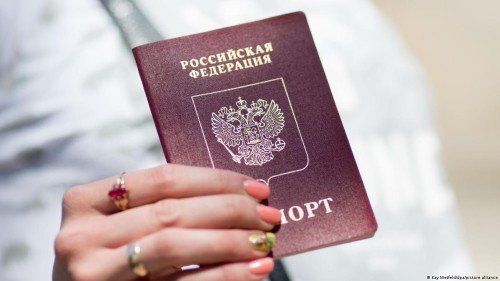
Engagement Rings and Legality in Russia
Engagement rings have been a symbol of love and commitment for centuries. While the tradition of exchanging engagement rings is widely accepted around the world, the legality of engagement rings varies from country to country. In Russia, the laws surrounding engagement rings are particularly important to understand, as they can have significant implications for couples planning to get married.
The legal status of engagement rings in Russia is defined by the Civil Code of the Russian Federation. This code outlines the rights and obligations of spouses, as well as the conditions under which a marriage can be concluded. With regards to engagement rings, the Civil Code is clear that engagement rings are considered a symbolic gift and are therefore not legally binding. This means that if one of the parties to the engagement decides to break off the relationship, they are not obligated to return the ring.
In contrast to other countries, such as the United States, where engagement rings are often considered a pre-marriage gift and are therefore considered the property of the recipient, engagement rings in Russia are not considered property. This is because the Civil Code views engagement rings as a symbol of love and commitment, rather than a pre-marriage gift. This means that if one of the parties to the engagement decides to break off the relationship, they are not required to return the ring.
However, it is worth noting that while engagement rings are not legally binding in Russia, they can still play an important role in the wedding process. Many couples choose to exchange engagement rings as a symbol of their love and commitment to each other, and as a way of marking the beginning of their journey together. The act of exchanging engagement rings can also serve as a way of publicly announcing the couple's intention to get married, which is an important step in the wedding process in Russia.
It is also worth noting that the cost of the engagement ring can be a factor in determining the validity of the engagement. According to the Civil Code, an engagement ring must be given in good faith, without any intention of deception. This means that if an engagement ring is given as part of an agreement that is later broken, the person who gave the ring may be liable for damages. For example, if an engagement ring is given with the understanding that a marriage will take place, and the engagement is later broken, the person who gave the ring may be required to compensate the other party for any damages that result from the broken engagement.
In conclusion, while engagement rings are not legally binding in Russia, they can still play an important role in the wedding process and are viewed as a symbol of love and commitment. As with any gift, it is important to ensure that the engagement ring is given in good faith, without any intention of deception, and that the cost of the ring is taken into consideration when determining the validity of the engagement. Understanding the laws surrounding engagement rings in Russia is important for couples planning to get married, as it can help to ensure that the wedding process is smooth and stress-free.








